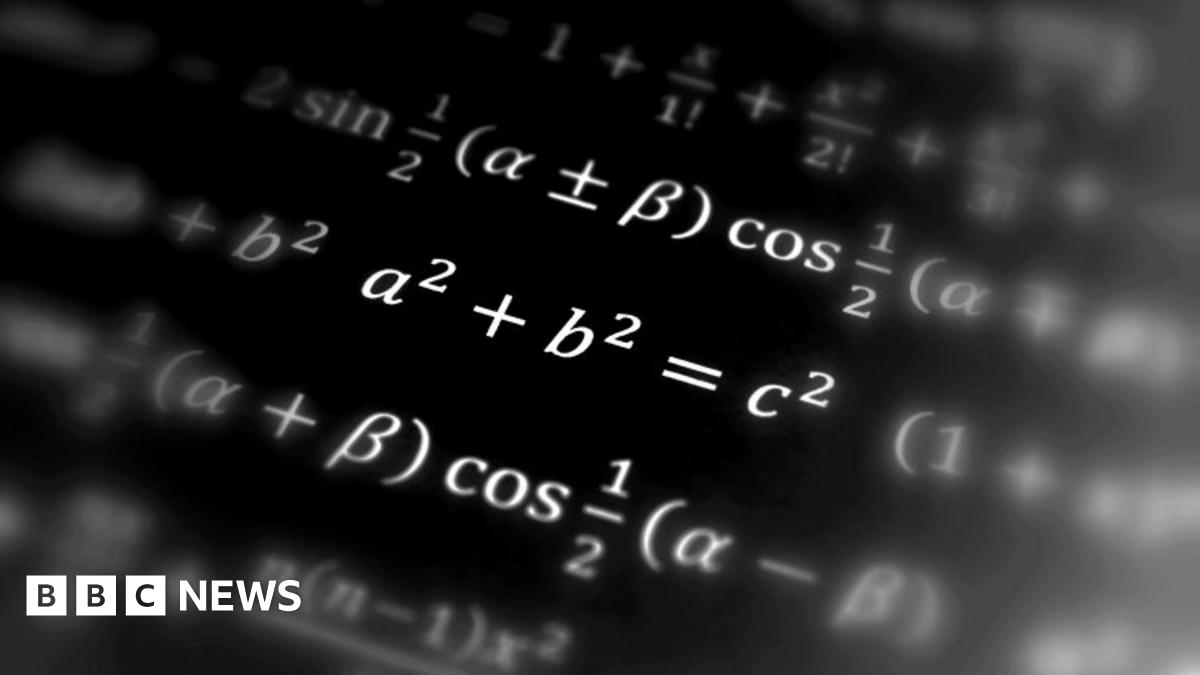I thought this was an interesting article on the way the brain responds to mathematical theorems:
Bertrand Russell is very eloquent about this aspect of mathematical inquiry in his essay "The Study of Mathematics":
"Mathematics, rightly viewed, possesses not only truth, but supreme beauty--a beauty cold and austere, like that of sculpture, without appeal to any part of our weaker nature, without the gorgeous trappings of painting or music, yet sublimely pure, and capable of a stern perfection such as only the greatest art can show. The true spirit of delight, the exaltation, the sense of being more than man, which is the touchstone of the highest excellence, is to be found in mathematics as surely as in poetry.....In the most beautiful work, a chain of argument is presented in which every link is important on its own account, in which there is an air of ease and lucidity throughout, and the premises achieve more than would have been thought possible, by means which appear natural and inevitable.....The discovery that all mathematics follows inevitably from a small collection of fundamental laws is one which immeasurably enhances the intellectual beauty of the whole; to those who have been oppressed by the fragmentary and incomplete nature of most existing chains of deduction this discovery comes with all the overwhelming force of a revelation; like a palace emerging from the autumn mist as the traveller ascends an Italian hill-side, the stately storeys of the mathematical edifice appear in their due order and proportion, with a new perfection in every part."
Bertrand Russell is very eloquent about this aspect of mathematical inquiry in his essay "The Study of Mathematics":
"Mathematics, rightly viewed, possesses not only truth, but supreme beauty--a beauty cold and austere, like that of sculpture, without appeal to any part of our weaker nature, without the gorgeous trappings of painting or music, yet sublimely pure, and capable of a stern perfection such as only the greatest art can show. The true spirit of delight, the exaltation, the sense of being more than man, which is the touchstone of the highest excellence, is to be found in mathematics as surely as in poetry.....In the most beautiful work, a chain of argument is presented in which every link is important on its own account, in which there is an air of ease and lucidity throughout, and the premises achieve more than would have been thought possible, by means which appear natural and inevitable.....The discovery that all mathematics follows inevitably from a small collection of fundamental laws is one which immeasurably enhances the intellectual beauty of the whole; to those who have been oppressed by the fragmentary and incomplete nature of most existing chains of deduction this discovery comes with all the overwhelming force of a revelation; like a palace emerging from the autumn mist as the traveller ascends an Italian hill-side, the stately storeys of the mathematical edifice appear in their due order and proportion, with a new perfection in every part."



 They have properties that are not of this world!
They have properties that are not of this world!
 ]
]
 ). It was that boring, dry old Maths has a 'beauty' of its own at certain levels, in that neurological reactions can be very similar to the reaction in the brain to more obvious entities that are thought of as 'beautiful'.
). It was that boring, dry old Maths has a 'beauty' of its own at certain levels, in that neurological reactions can be very similar to the reaction in the brain to more obvious entities that are thought of as 'beautiful'.
Comment